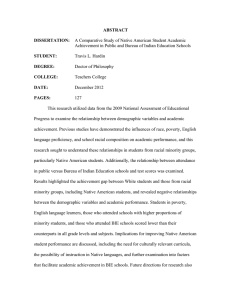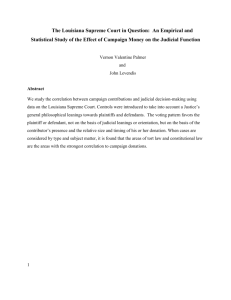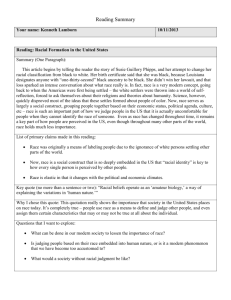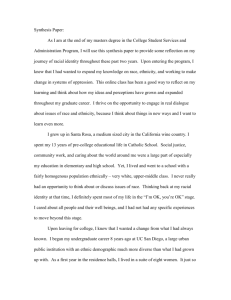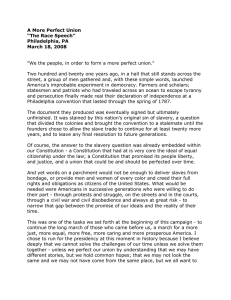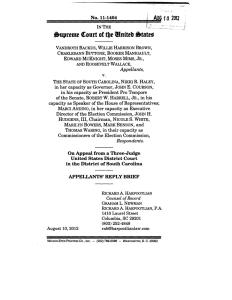Fifty years ago
advertisement
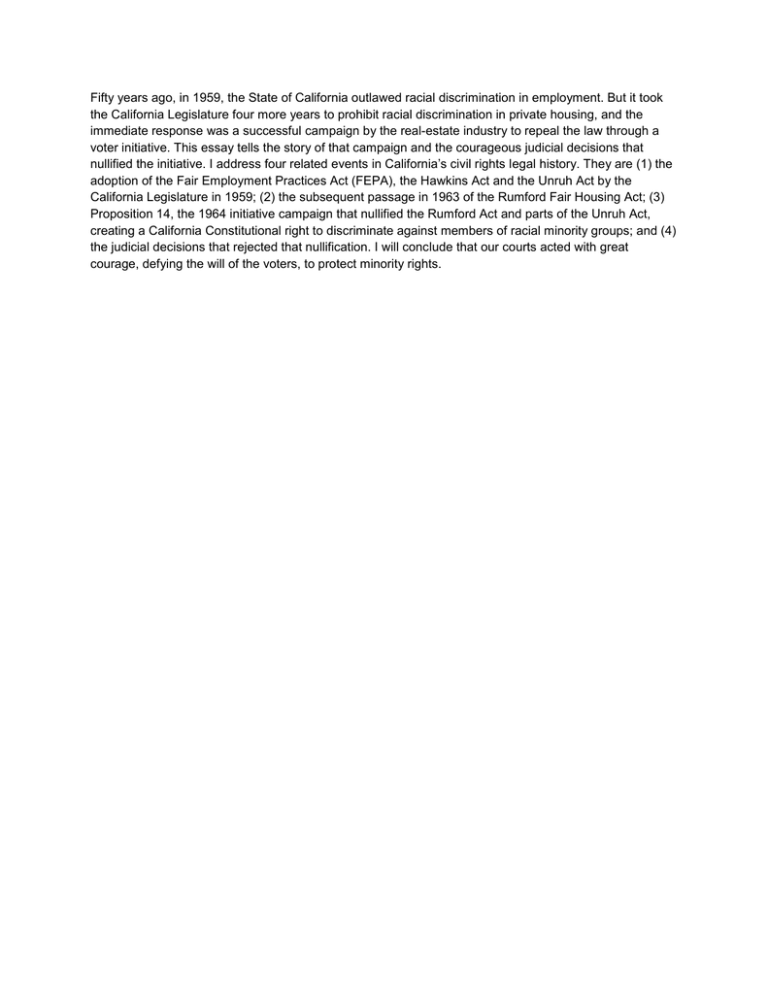
Fifty years ago, in 1959, the State of California outlawed racial discrimination in employment. But it took the California Legislature four more years to prohibit racial discrimination in private housing, and the immediate response was a successful campaign by the real-estate industry to repeal the law through a voter initiative. This essay tells the story of that campaign and the courageous judicial decisions that nullified the initiative. I address four related events in California’s civil rights legal history. They are (1) the adoption of the Fair Employment Practices Act (FEPA), the Hawkins Act and the Unruh Act by the California Legislature in 1959; (2) the subsequent passage in 1963 of the Rumford Fair Housing Act; (3) Proposition 14, the 1964 initiative campaign that nullified the Rumford Act and parts of the Unruh Act, creating a California Constitutional right to discriminate against members of racial minority groups; and (4) the judicial decisions that rejected that nullification. I will conclude that our courts acted with great courage, defying the will of the voters, to protect minority rights.
